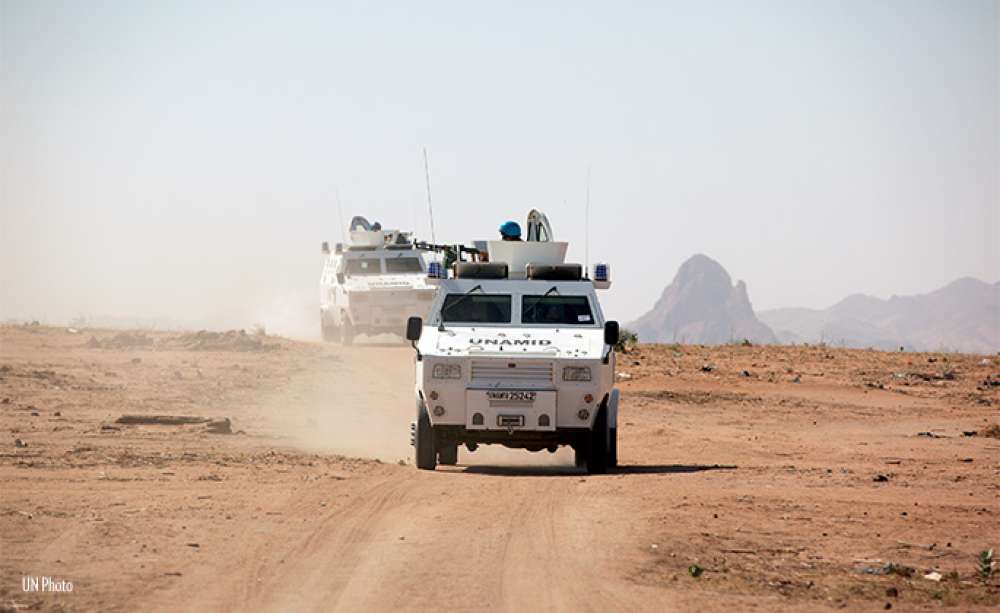To Intervene in Darfur, or Not
Re-Examining the R2P Debate and Its Impact

Ten years after inter-communal violence and a government-orchestrated counter-insurgency attracted the world’s attention, the literature treats Darfur and the responsibility to protect (R2P) as almost coterminous with failure. Liberal solidarists, sovereigntist in China and Russia, the African Union (AU) and the International Criminal Court (ICC) and its supporters all have their reasons for being disappointed by the intractable nature of conflict and an international engagement with the crisis that is held co-responsible for the lack of progress on agendas of security, justice and international stability. The violence has dragged on, with millions of Darfurians insecure in squalid camps, peace negotiations avoiding accountability questions, and President Omar al-Bashir — indicted by the ICC for war crimes and crimes against humanity — not just in office, but still Sudan’s dominant political figure.
Through analyzing years of debate by governments, international organizations and opinion leaders, this article provides a window on the trajectory of the norm and practice of intervention. It reviews arguments and counterarguments about the nature of violence in Darfur (and concomitant views on which policies would most effectively address the insecurity there), the question of legitimate authority (who should lead?) and on the relationship between international society and the host country of the crisis, Sudan. Subsequently, this article challenges some of the conventional conclusions put forward by an all too US-centric literature.
Firstly, although there was no Kosovo-style coalition of the willing that forced the Sudanese regime to cede control of a rebellious part of its territory where foreign troops protected a local population against pro-government militias, many African voices reject the assertion that “If Darfur is the first ‘test case’ of the responsibility to protect, there is no point in denying that the world has failed the entry exam.” The combination of AU peacekeepers, political mediation and the world’s largest humanitarian operation may not fit the template R2P advocates have in mind, but Africa’s operationalization of its “principle of non-indifference” did produce a plethora of interventionist activity.
Secondly, while much of the debate is fixated on the tensions in the UN Security Council (UNSC) between the P3 on the one hand and Russia and China on the other — arguing that the inability of the R2P norm to be firmly established is a function of the clash between “interventionist” (the former camp) and “sovereigntist” views (the latter duo) of international relations — for Beijing in particular its experiences in Sudan have proven formative and have led to an increasing functional convergence with Western security agendas in Africa. Thirdly, rather than the “failure to act” prematurely aborting a robust interpretation of R2P, the decade subsequent to the onset of the Darfur controversy has seen an upsurge of African and non-African interventions on the continent — to enforce UNSC resolutions, to guarantee peace agreements and to protect civilians. Although the politico-legal terminology of R2P may not have gained as much traction as its proponents wish, the concept of intervention in domestic African affairs is supported by constituencies internal and external to the continent, as was already evident in Darfur and has become clearer since.
The full article is available from Global Society.







